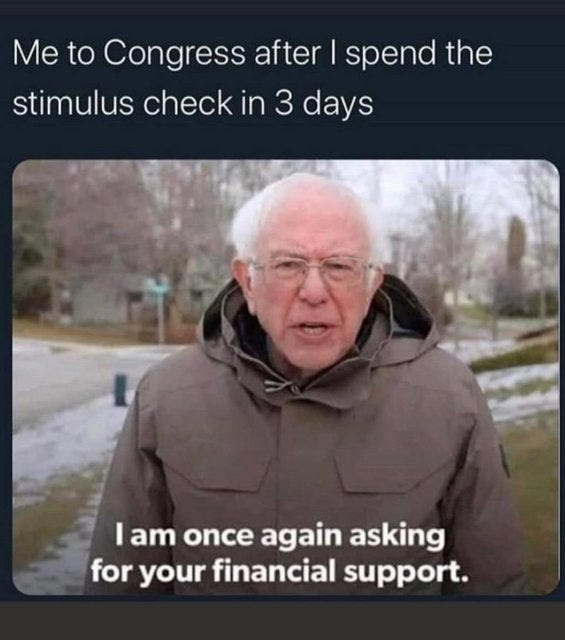Assume you have been jobless and looking for jobs for months. Government assistance programmes have helped you pay for rent, utilities, and food, but you are still struggling to make ends meet. Finally, you get a response to your job application. Yayyyyyy or Nayyyyyy? You get your first pay in months, and things appear to be looking up. However, there is a catch. Your new employment pays just enough to keep you out of the benefit programmes while not covering all of your bills. And to make the matter worse, You have to pay for transportation to work and daycare while you are there. You have less money today than you had when you were unemployed for some reason. What a bummer, right? Economists call it The Welfare Trap. It is one of the many types of poverty traps that millions of people face around the world. The welfare trap is not a joke Jim, Millions of families suffer every year. Oh my god, I am such a Dwight!!
Poverty traps are situations in which economic and environmental factors reinforce one other, prolonging poverty for generations. Some poverty traps are caused by a person's circumstances, such as a lack of healthy food or education. Others, such as corrupt government cycles or climate change, can harm whole nations. Remember "The Boy Who Harnessed The Wind”? That’s what I am talking about. So here’s a pictorial representation of when you understood the reference
However, the tragic irony of welfare traps is that they are essentially the result of programmes intended to combat poverty. Throughout history, most cultures have adopted specific ways to assist poor people in meeting their fundamental requirements. Before the twentieth century, religious organizations and private charities were frequently in charge of such activities (Gurudwara FTW). These are now known as welfare programmes.
The government often supplies subsidies for housing, food, electricity, and healthcare. Benefits are only available to those who earn less than a specific amount. This strategy guarantees that help reaches those who need it the most (unlike love Uhm uhm *insert winky emoji*).
However, it also implies that participants lose access to the programme whenever they earn more than the qualification criteria. And it is regardless of whether or not they are financially stable enough to continue.
According to mainstream economic theories, people are rational agents who analyze the costs and rewards of their alternatives and pick the most promising way forward. Those in poverty are encouraged to stay on government assistance if they know they will gain no net benefit from working. People labour for various reasons, including cultural expectations and personal ideals. However, earning money is a strong motivator to work. When fewer individuals take up new employment, the economy slows, keeping people in poverty and maybe pushing those on the verge of poverty over the line (another round of stimulation check, anyone?).
Some have stated that the only way to break the feedback loop is to eliminate all government aid programmes. However, most people think that the solution is neither practicable nor compassionate. So, how can we rethink benefits so that individuals aren't penalized for working?
Many governments have attempted to solve this problem in various ways. Some enable people to keep receiving benefits after finding work for a set length of time, while others progressively phase out payments as income rises. Other governments distribute benefits such as education, childcare, and medical care to all citizens equitably. One proposed approach expands on the concept of universal benefits. A universal basic income would distribute a set amount of money to everyone in society, regardless of their wealth or job position.
This is the only programme identified as having the potential to completely eliminate welfare traps. Earned income would supplement rather than replace the benefit. In fact, basic income may prevent individuals from sliding into poverty in the first place by providing a steady income level below which no one may go. But then inflation kicks in and increases the minimum amount given as universal income. Economics is such a Bi***, right?
Several economists and academicians have pushed for this approach since the 18th century. For the time being, however, universal basic income is purely hypothetical. Although it has been done on a limited scale in certain locations, these local experiments do not tell us much about how the policy will play out throughout an entire country—or even the whole planet.
Well, I think, no one seems to be altering it on a macro-level, so individual attempts to eliminate poverty appear more feasible.












